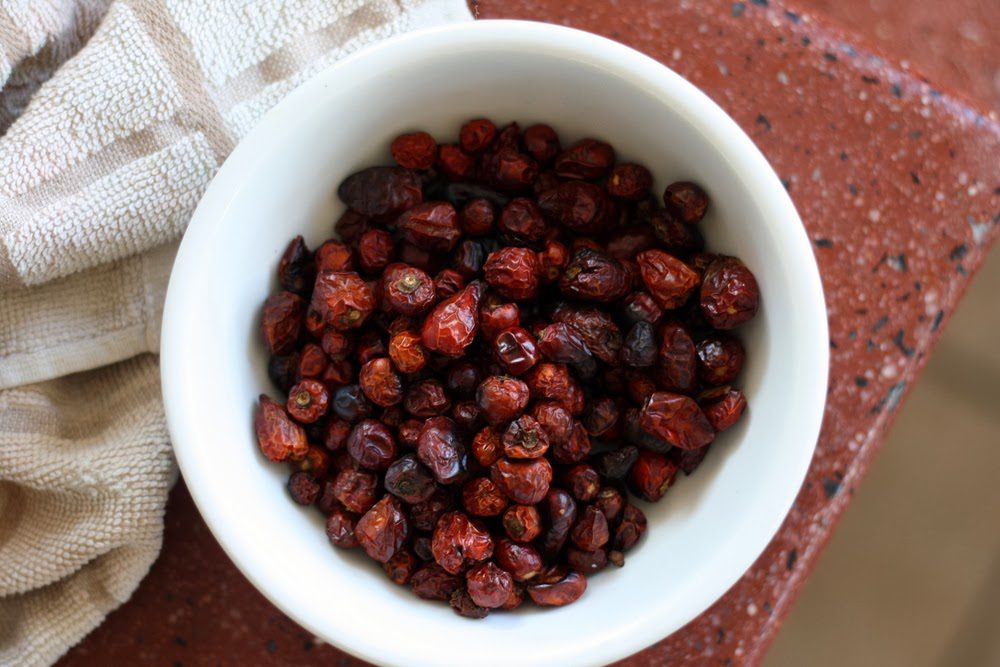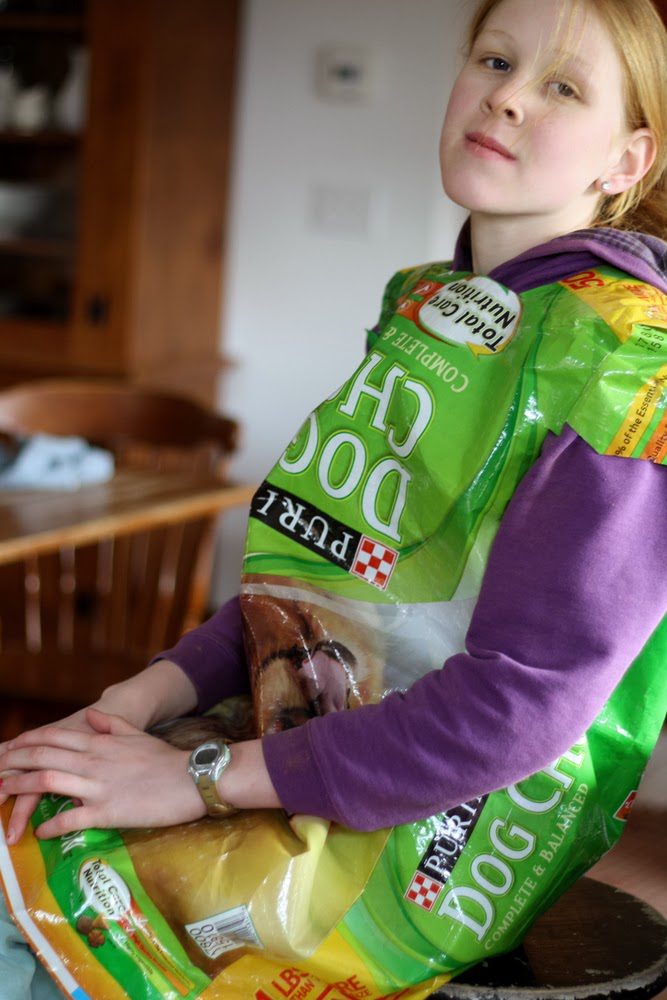












Last week when I had to take my daughter to visit the oral surgeon, a friend kindly agreed to watch the other kids. On the way to their house, I was flying late (a result of leaving home without the medical papers and then returning only to discover that they were in my bag all along), so I dropped the kids at her door and burned rubber. But on my way back, I went in to say hi and thanks.
Platters of snacks were on the table: Brie cheese and rice crackers (who do you know who sets out Brie cheese for children, I ask you? I am entirely too selfish for such absurd generosities), and carrot sticks and dip.
The dip intrigued me, not because it was fancy (though it did appear dressy, what with being all studded with minced green chives and red peppers) but because it wasn’t. Just cream cheese mashed up with vegetables—so good. Plus, I liked the idea of setting out veggies and dip for children. (They did, too. They set upon those goodies like ain’t nobody’s business.)
On Saturday, after splurging on a red pepper and a little plastic box of fresh chives from the grocery store (I dole out the dough on ice cream so why not veggies?), I made the dip and set it out with a mini mountain of red pepper slices and carrot and celery sticks. Partway through the afternoon, I refreshed the plate with more carrots and celery. By evening, it was all gone.

Cream Cheese Dip
Adapted from my girlfriend MAC.
I added some sour cream to thin the dip, but it probably wasn’t necessary. In another batch, I added a bit of Worcestershire sauce since like I do when making a cheese ball. Again, it was good, but not necessary. The onion, however, is absolutely, positively, and entirely essential.
4 ounces cream cheese
1-2 tablespoons minced red pepper
1-2 tablespoons minced chives
2-4 teaspoons minced onion
1-2 tablespoons sour cream, optional
dash of Worcestershire sauce, optional
Mash/mix/stir thoroughly. Serve with raw veggies and/or crackers.
Most people readily concede that homeschoolers might be able to learn multiplication facts and coordinating conjunctions from their kitchen table, but when it comes to the non-academic stuff, they have their doubts.
“What about socialization?” they say.
And, “But I want my children to know how to relate to people who are different from them!”
“Oh, just think of all the children are missing!”
School includes so much more than just academics. In school, children make friends, take field trips, participate in clubs, play sports, act in plays, join choirs and bands, volunteer, and experience different cultures. Take school out of the childhood equation, and the void appears staggering. How do homeschooling families compensate? Could they even, if they tried?
The short answer is, Yes, homeschool families compensate, more easily and thoroughly than many people realize. Life-learning happens outside of school, too.
Below, I’ve jotted down a few of the most oft-heard assumptions and some brief rebuttals to go with.

Myth Number One
If you don’t go to school and hang out with a group of people the same age, five days a week, for twelve years, you won’t know how to relate to people.
FACT: Socialization happens when relating to neighbors, church members, employers, grandparents, doctors, clerks, siblings, and friends. There is no need to force it.
Myth Number Two
If you don’t interact with people who speak a different language or who are a different skin color on a daily basis when you are young, you will never know how to deal with someone who is different from you.
FACT: diversity is everywhere. Learning to respect and love your family and a few close friends lays the groundwork for loving and respecting all sorts of people. (It’s the diversity that’s closest to us—mother-in-law, spouse, dear friends—that rankles most.)
Myth Number Three
Homeschoolers weaken the community because homeschooling families are not involved in the school system.
FACT: the community is much bigger than the school system. There are many ways to be involved, to give back, and to help out.
Myth Number Four
Homeschoolers are awkward, isolated, and stunted.